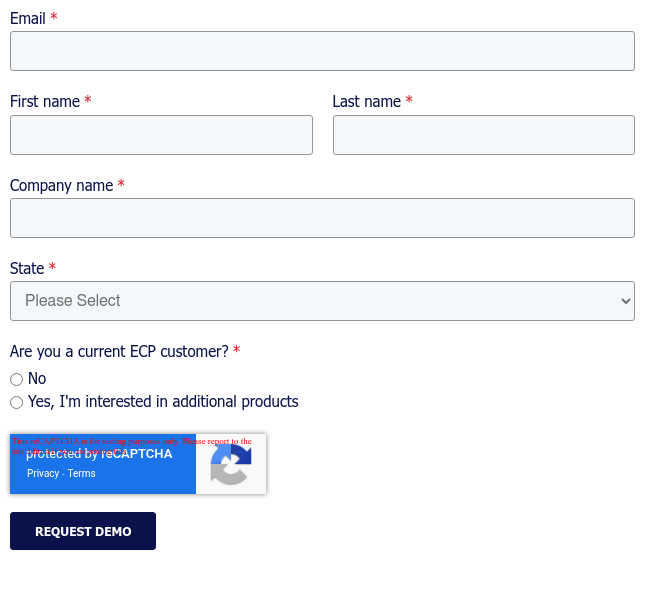Exploring Indiana Rule 410 IAC 16.2-5: Residential Care Facilities
Indiana Rule 410 IAC 16.2-5 serves as a guide in the regulation of Residential Care Facilities within the state. Designed to ensure the safety, well-being, and quality of care for individuals needing assistance with daily living activities, these regulations are instrumental in governing the operations of such facilities. In this blog post, we'll look into the components covered by this rule, with a particular focus on Section 410 IAC 16.2-5-2, which addresses Evaluation.
Understanding Residential Care Facilities
Residential Care Facilities cater to individuals who require assistance with daily tasks but do not necessitate the intensive medical care provided in nursing homes. These facilities offer a supportive environment where residents can receive aid with activities such as medication management, meal preparation, personal care, and transportation while still retaining a level of independence tailored to their needs.
Key Components of Rule 410 IAC 16.2-5
- Licensing Requirements: The rule outlines criteria and procedures for obtaining a license to operate a Residential Care Facility in Indiana. This ensures that only facilities meeting specified standards are permitted to provide care to residents.
- Staffing Ratios and Qualifications: Adequate staffing is vital for ensuring resident safety and well-being. The regulation defines minimum staffing ratios and qualifications for staff members, including requirements for training and certifications.
- Health and Safety Standards: Maintaining a safe and healthy environment is paramount. The rule specifies standards for facility cleanliness, infection control, emergency preparedness, and infrastructure maintenance.
- Resident Rights and Responsibilities: Residents have rights that must be respected. These rights encompass privacy, autonomy, access to medical care, and involvement in care decisions.
- Evaluation (Section 410 IAC 16.2-5-2): This section delineates procedures for evaluating the facility's compliance with regulations. Evaluations may include inspections, assessments of resident care plans, and audits of documentation to ensure adherence to standards.
Significance of Evaluation in Residential Care
Section 410 IAC 16.2-5-2 underscores the importance of ongoing evaluation in maintaining quality care within Residential Care Facilities. Regular assessments help identify areas for improvement, ensuring that facilities continually meet or exceed regulatory standards. Evaluation processes may involve collaboration with regulatory agencies, resident feedback mechanisms, and internal quality assurance measures to promote transparency and accountability.
Conclusion
Rule 410 IAC 16.2-5 serves as a cornerstone in promoting high-quality care within Residential Care Facilities in Indiana. By addressing critical areas such as licensing, staffing, safety, resident rights, and evaluation, these regulations uphold standards essential for resident well-being. Section 410 IAC 16.2-5-2 underscores the significance of ongoing evaluation in ensuring compliance and driving continuous improvement within the industry. As the landscape of long-term care evolves, adherence to these regulations remains paramount in safeguarding the dignity, autonomy, and safety of those residing in residential care settings.
Enhance Your Resident Evaluation Process
Discover what is required to be reviewed and documented in a resident evaluation to ensure compliance with Indiana Rule 410 IAC 16.2-5. Elevate your facility's standards with ECP's Resident Evaluation, designed to meet regulatory requirements and promote quality care. Contact us today to learn more about how our solutions can support your Residential Care Facility's compliance and enhance resident well-being.
Note - The information provided on this website does not, and is not intended to, constitute legal advice; instead, all information, content, and materials available on this site are for general informational purposes only. ECP makes no warranties as to the accuracy of this content and does not commit to updating it as regulations change. Readers of this website should contact their attorney to obtain advice with respect to any particular legal or compliance matter.

